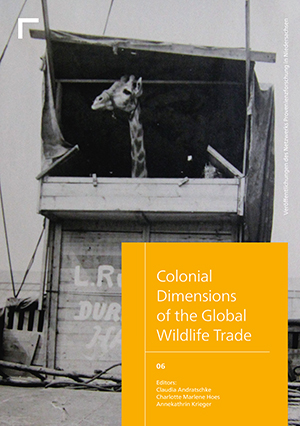How to Cite
License (Chapter)

This work is licensed under a Creative Commons Attribution-ShareAlike 4.0 International License.
Identifiers (Book)
Published
Lion Capital: Zoo Acquisition Strategies in Interwar Poland
The Zoological Garden in Poznań was established in the 1870s and maintained a provincial character within the German Empire. After the First World War, the zoo was taken over by Polish authorities and gained the status of national heritage. Nevertheless, it encountered problems with sustainability due to limited funds, as well as with installing its own institutional identity and social legitimacy amidst postwar austerity. This article maps out three key strategies which the zoo devised for making new acquisitions to the collection, namely through specimen exchanges, donations, and captive breeding. Focusing on lions, it demonstrates how these strategies were intertwined. The zoo gained new lion specimens by exchanging other species with German animal trade agents and from donations by circuses, Polish travellers and missionaries. Building a foundation for a lion breeding program, the zoo hoped to increase its bargaining power for further exchanges with international wildlife traders.







